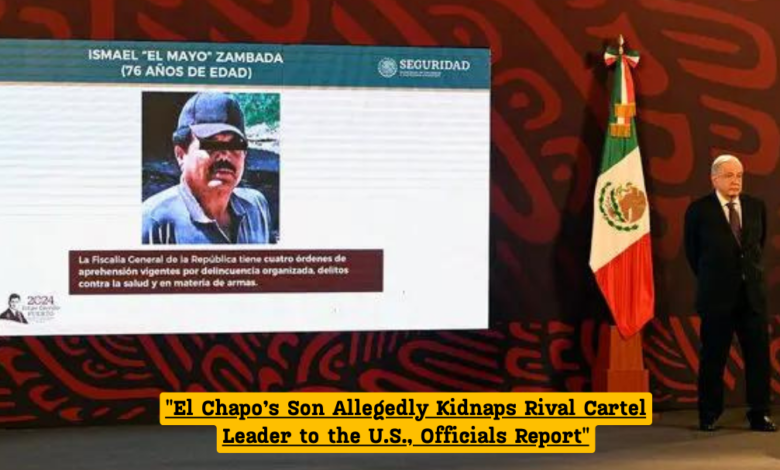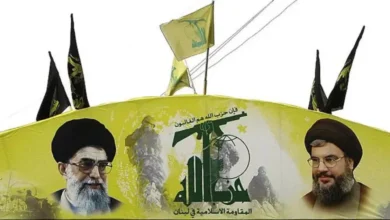El Chapo’s Son Allegedly Kidnaps Rival Cartel Leader to the U.S., Officials Report
The intricate and perilous world of cartel rivalries has once again come into sharp focus as officials report that El Chapo’s son, Joaquín Guzmán López, allegedly kidnapped a rival cartel leader and transported him to the United States. This shocking development underscores the ongoing power struggles within Mexico's notorious Sinaloa Cartel and its splinter factions.

El Chapo’s Son and the Sinaloa Cartel
Joaquín Guzmán López, son of the infamous Joaquín “El Chapo” Guzmán, has long been a prominent figure within the Sinaloa Cartel. The cartel, known for its vast drug trafficking operations, has been plagued by internal conflicts and rivalries, especially following El Chapo’s extradition and subsequent imprisonment in the United States.
Background of the Sinaloa Cartel
- Founding and Expansion: The Sinaloa Cartel, established in the late 1980s, quickly grew to become one of the most powerful drug trafficking organizations in the world.
- Leadership Struggles: Following El Chapo’s arrest, the cartel experienced leadership turmoil, leading to internal feuds and power struggles.
- Notable Figures: Key players, including El Chapo’s sons, often referred to as “Los Chapitos,” have played significant roles in maintaining the cartel’s operations and influence.
The Alleged Kidnapping Incident
Officials have reported that Joaquín Guzmán López orchestrated the kidnapping of a rival cartel leader, bringing him across the border into the United States. This brazen act has raised numerous questions about the motives behind such a high-risk maneuver and its implications for cartel dynamics.
Details of the Incident:
- Rival Cartel Leader: The kidnapped individual is reportedly a high-ranking member of a rival cartel faction, intensifying the stakes of this conflict.
- Cross-Border Operation: The logistics of transporting a kidnapped individual across international borders demonstrate the audacity and reach of the Sinaloa Cartel.
- Law Enforcement Response: U.S. and Mexican authorities are closely collaborating to investigate the incident and bring those responsible to justice.
Implications for Cartel Rivalries
This incident is emblematic of the brutal and ruthless nature of cartel rivalries. The ongoing power struggles within the Sinaloa Cartel and between rival factions have led to an escalation in violence and bold criminal activities.
Impact on Cartel Dynamics:
- Escalation of Violence: The kidnapping could trigger retaliatory actions, leading to a surge in violence between the factions.
- Shift in Power: Such actions might signify attempts by Los Chapitos to consolidate power and eliminate rivals within the cartel structure.
- International Ramifications: The cross-border nature of this crime highlights the international scope of cartel operations and the challenges faced by law enforcement agencies.
Law Enforcement Challenges
The involvement of both U.S. and Mexican authorities underscores the complexities of combating transnational organized crime. The investigation into the kidnapping incident will require meticulous coordination and collaboration between the two countries.
Key Challenges:
- Jurisdictional Issues: Navigating the legal and jurisdictional complexities of a crime that spans two countries.
- Operational Security: Ensuring the safety of law enforcement personnel involved in investigating and apprehending cartel members.
- Gathering Evidence: Collecting credible evidence to build a strong case against the perpetrators.
Broader Implications for Security and Governance
The kidnapping incident not only affects cartel dynamics but also has broader implications for security and governance in both Mexico and the United States. It highlights the pervasive influence of cartels and the ongoing struggle to maintain law and order.
Security Concerns:
- Public Safety: The increased violence associated with cartel rivalries poses a significant threat to public safety in affected regions.
- Border Security: Enhancing border security measures to prevent the illegal cross-border activities of cartels.
- International Cooperation: Strengthening international cooperation to effectively tackle transnational organized crime.





